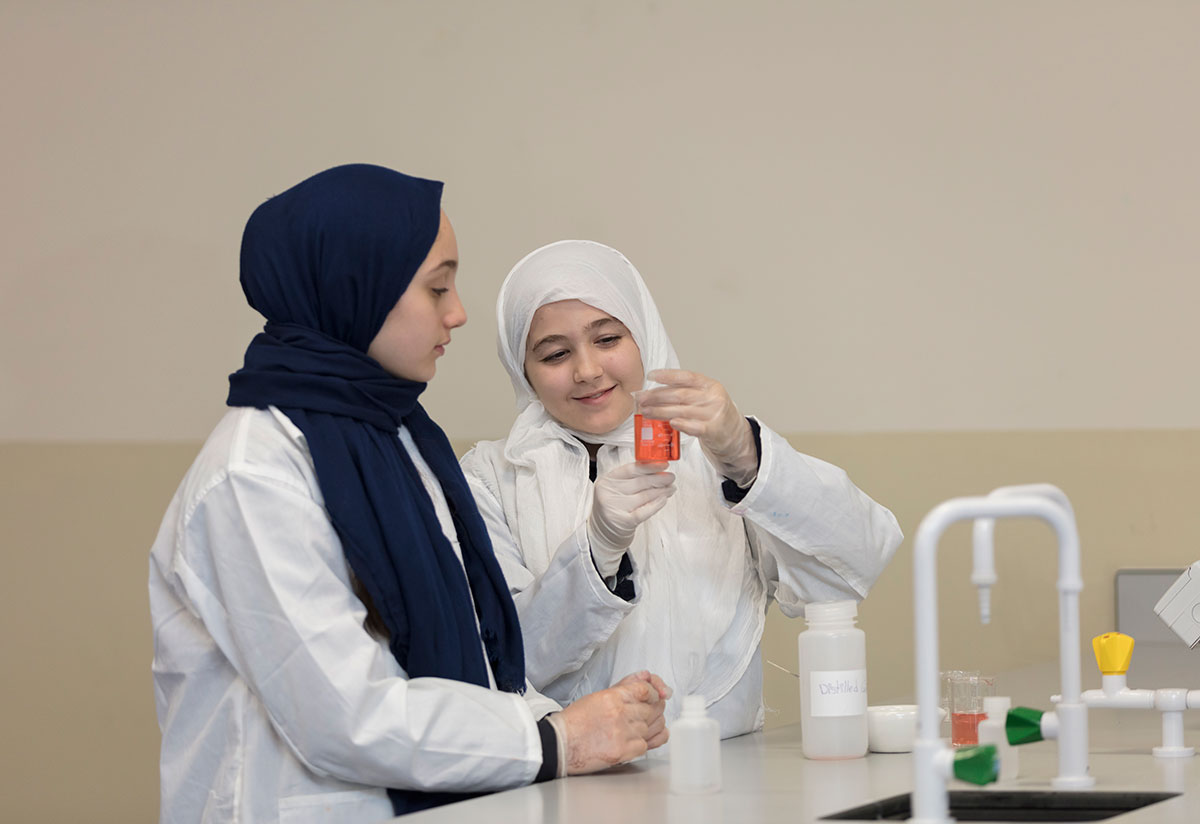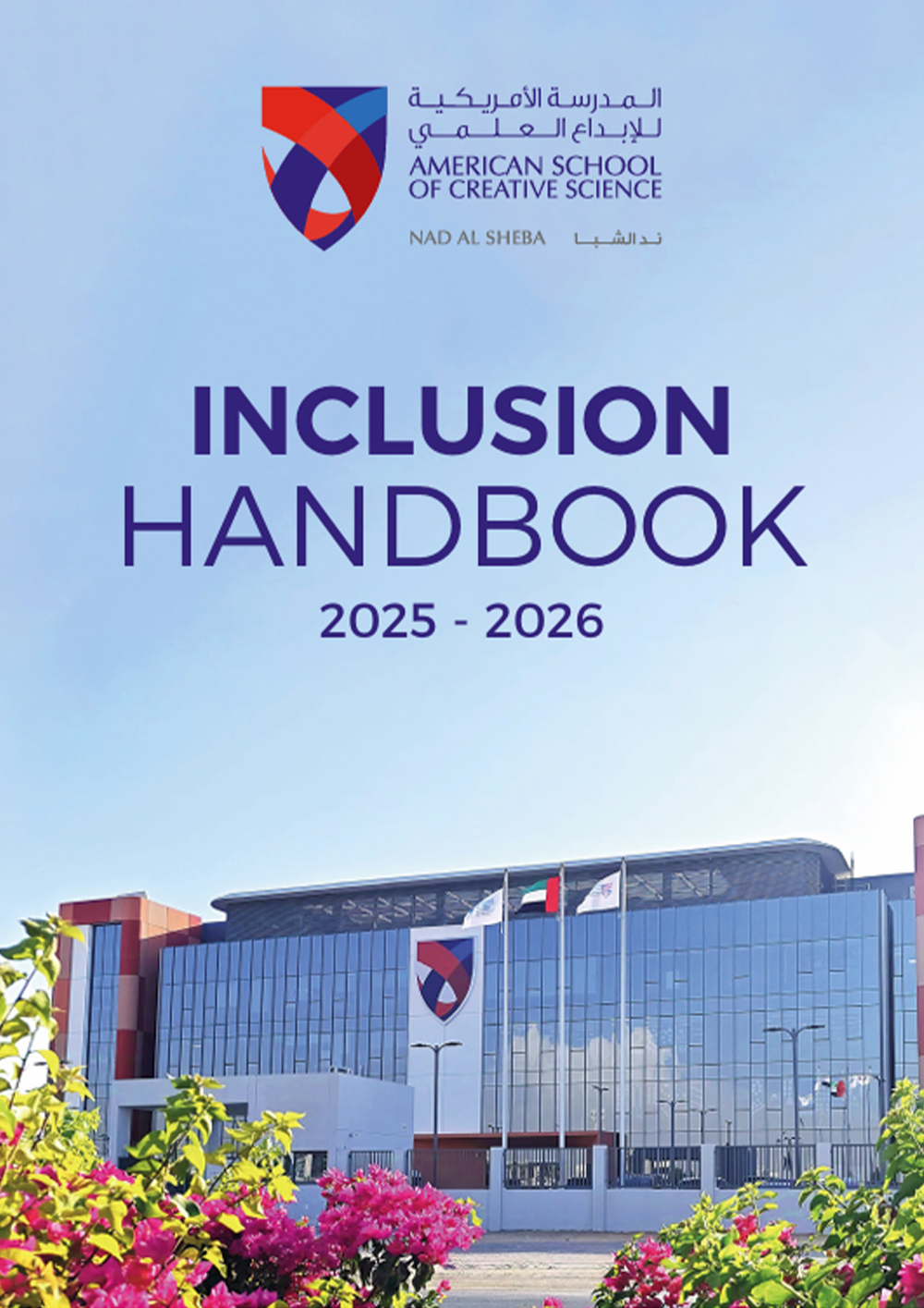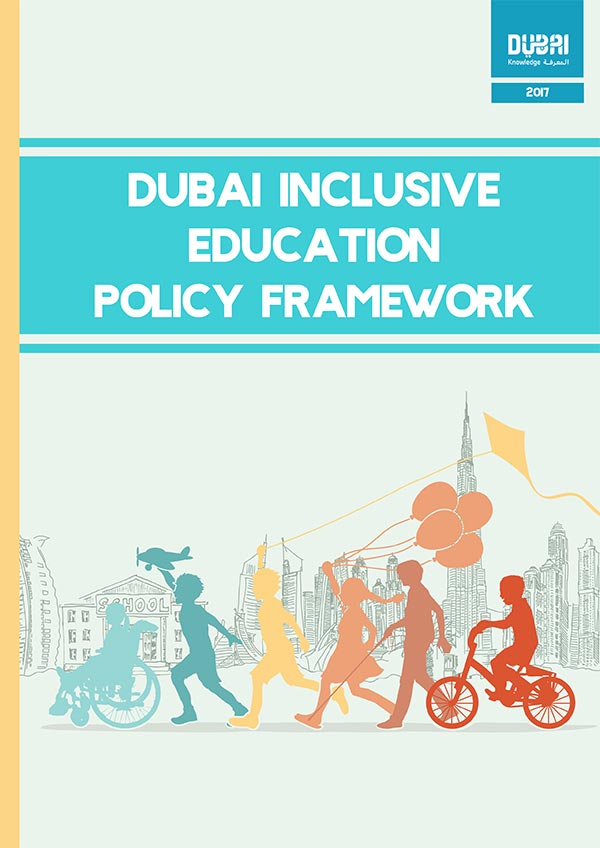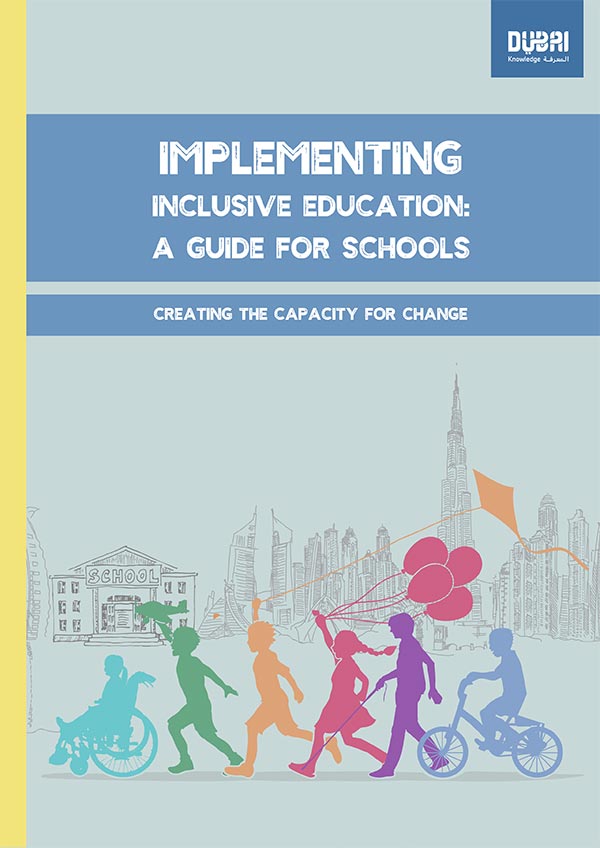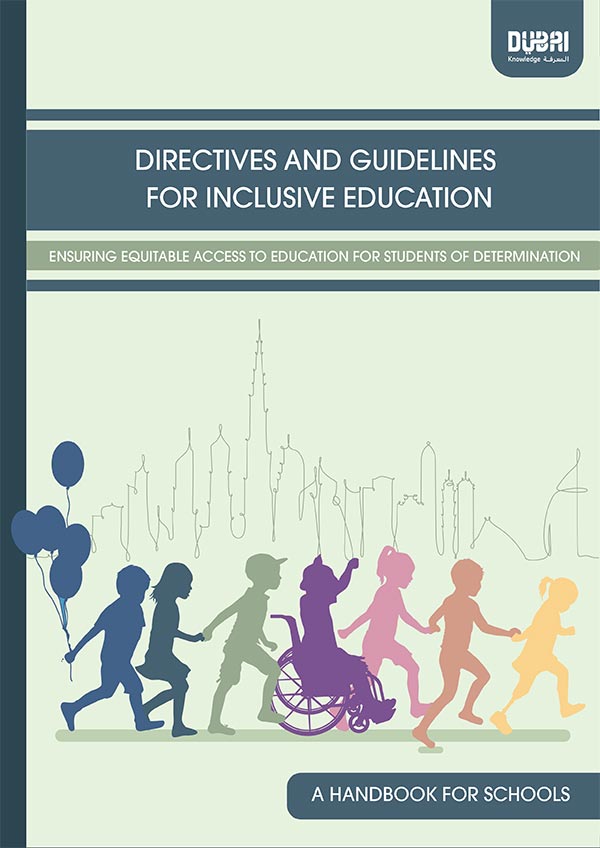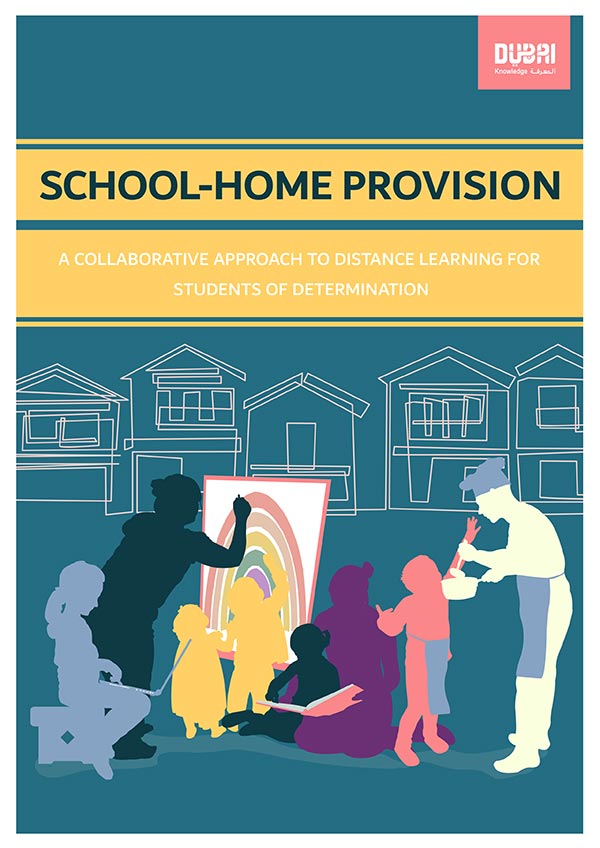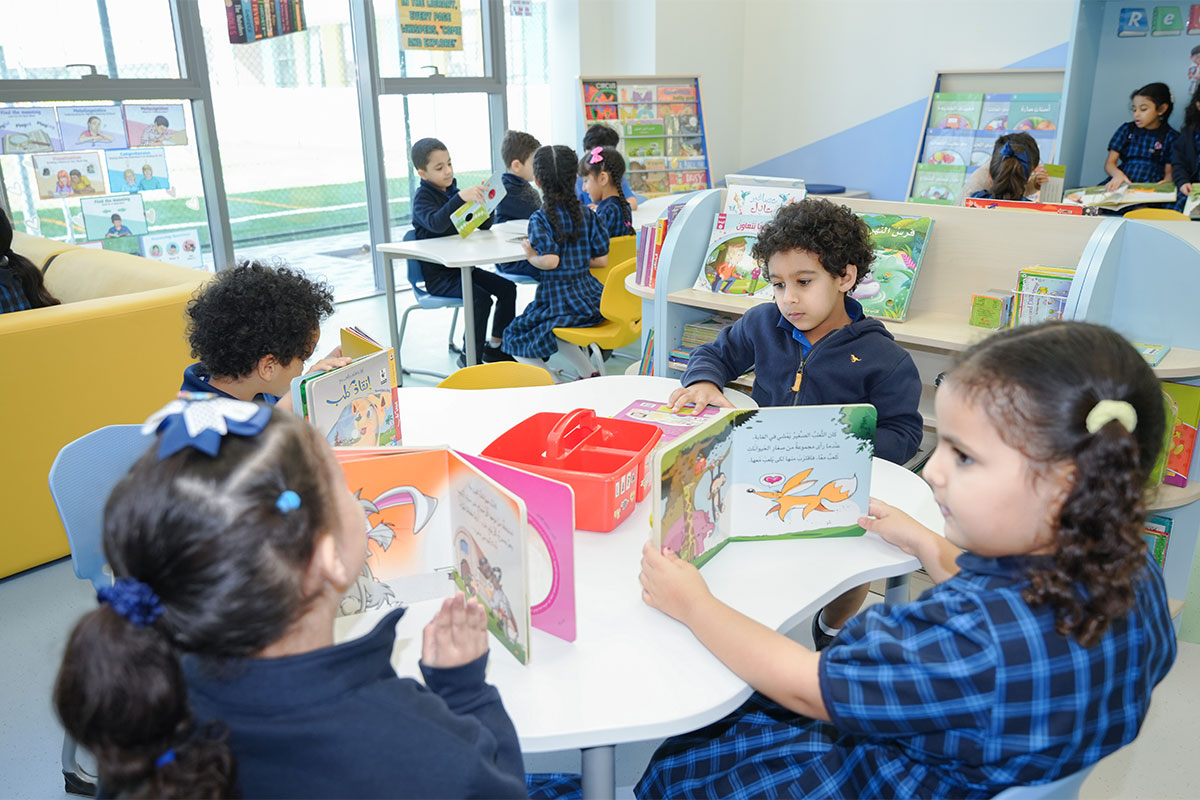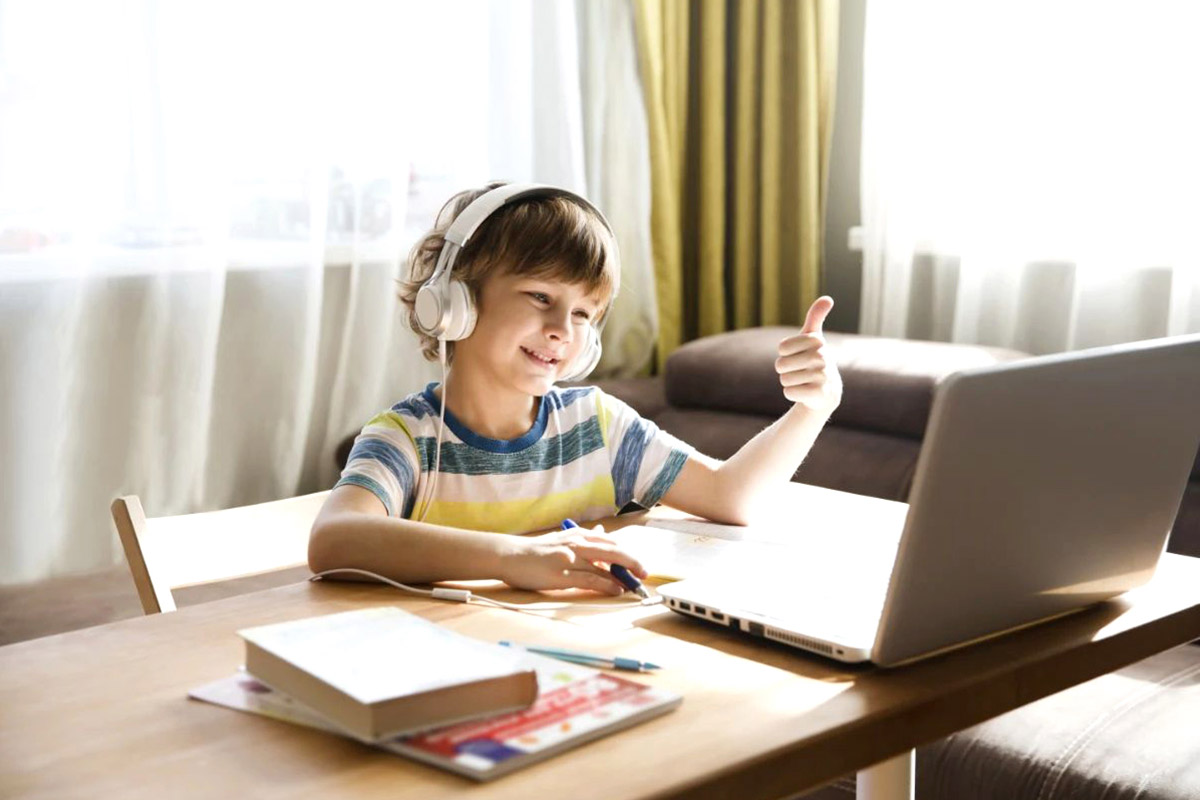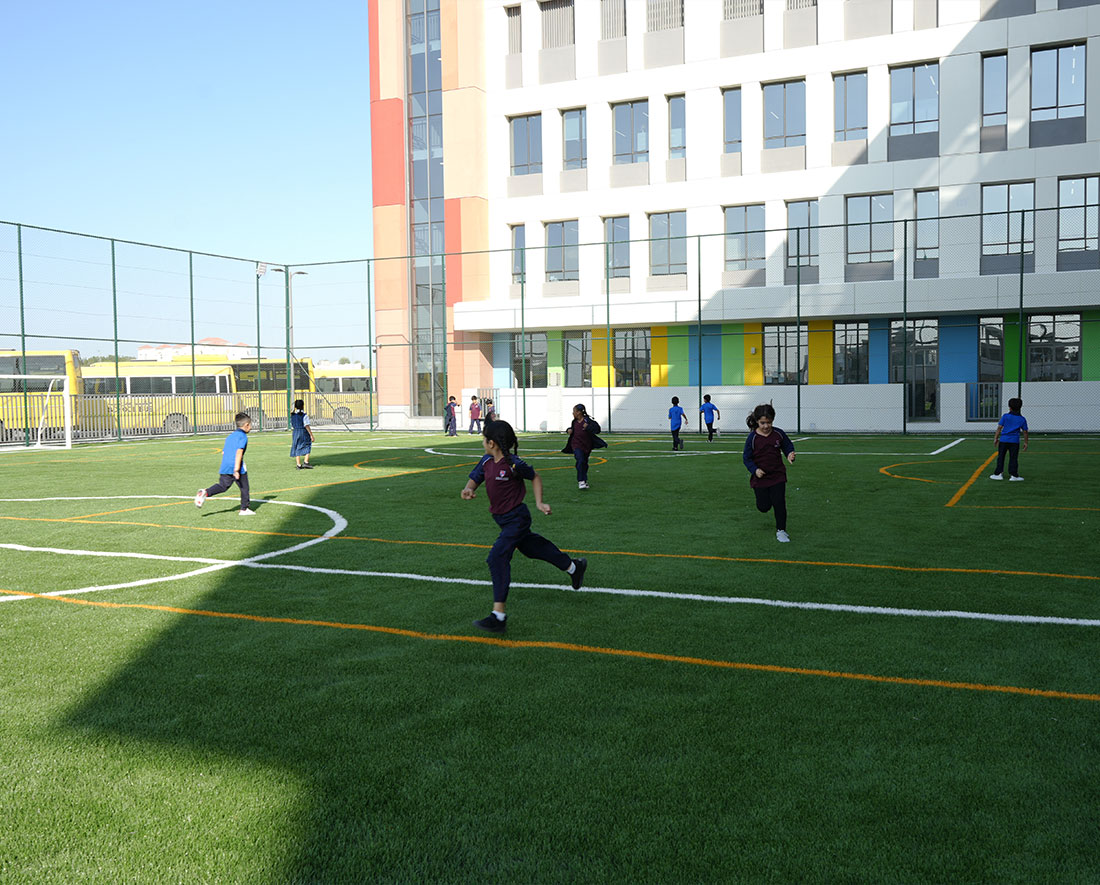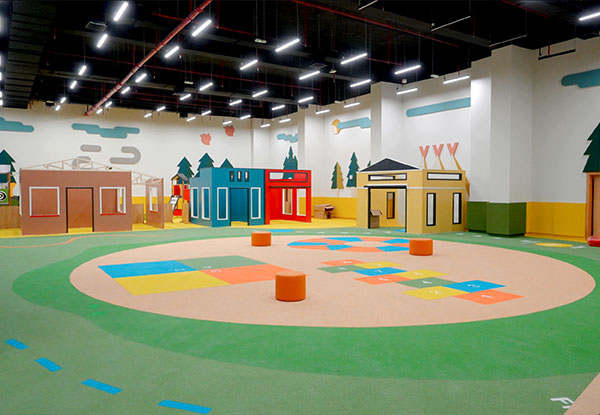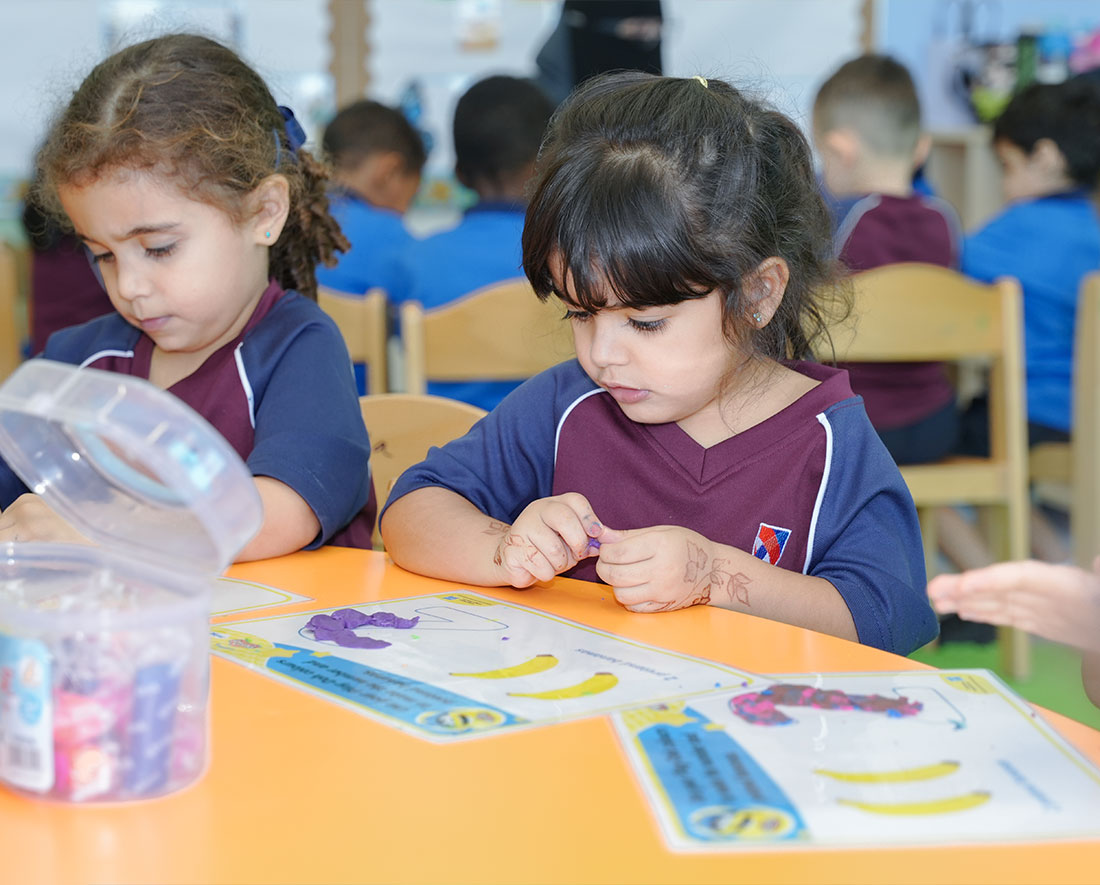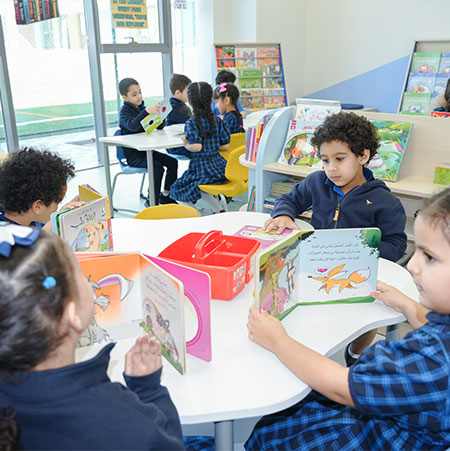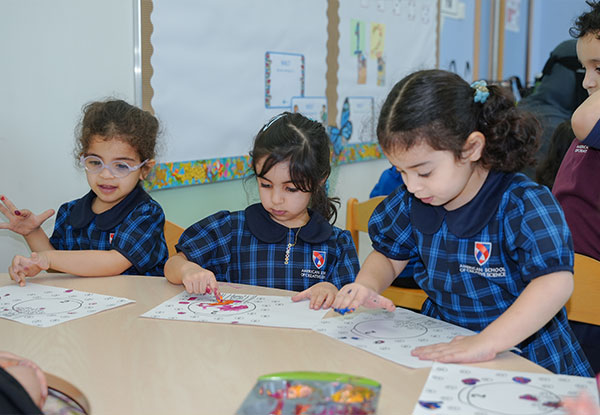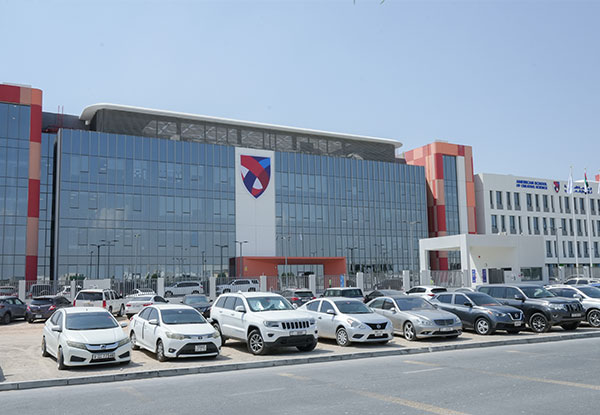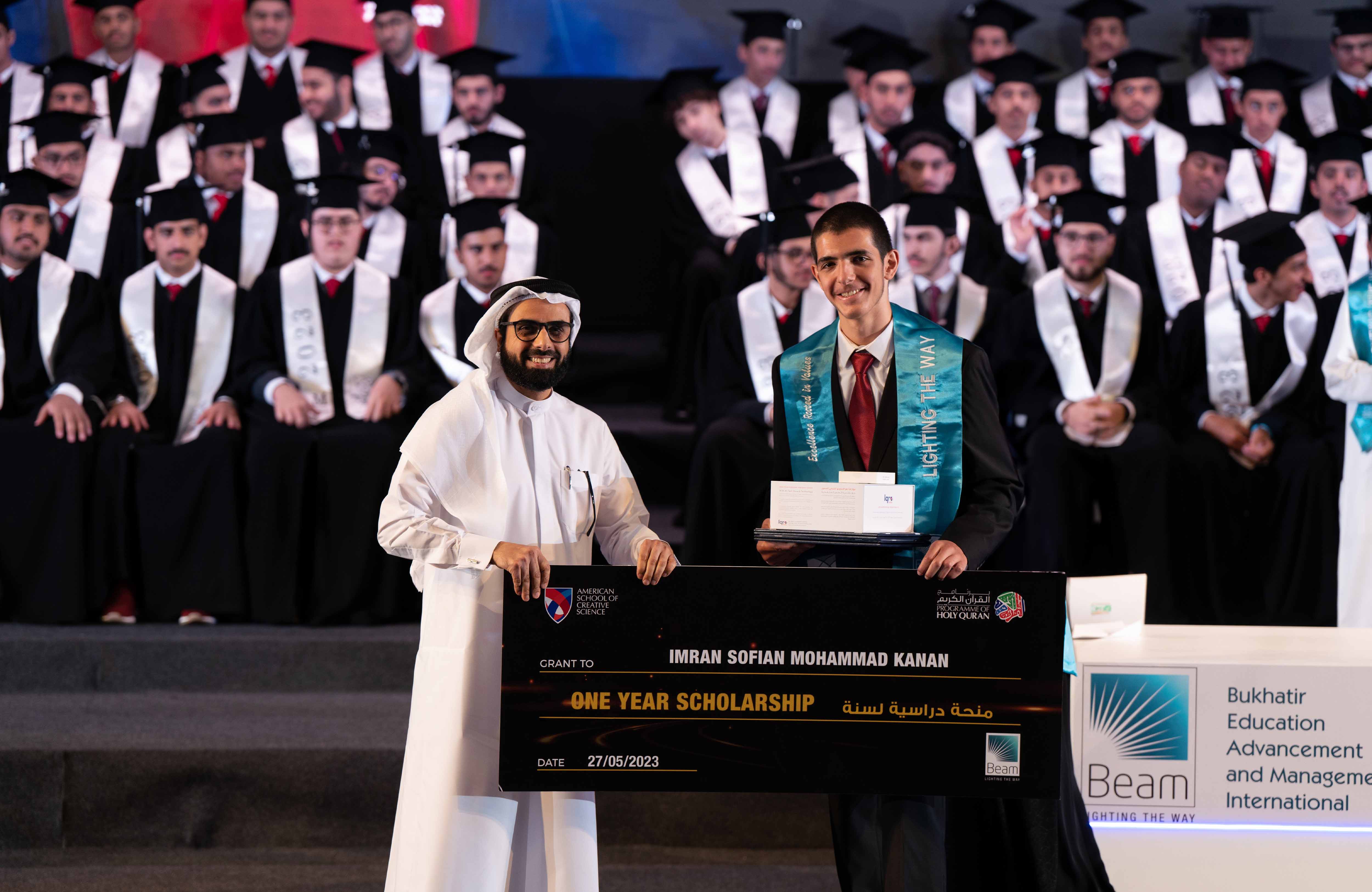Inclusion at The American School of Creative Science
At ASCS Nad Al Sheba We prioritize and strive to ensure that Inclusion is at the heart of our practices, along with Islamic ethos, benefiting our entire school community. We are strongly committed to becoming a fully inclusive school, and we set high expectations and ambitions for all our children and expect them to participate in every part of school life - with a key focus on their wellbeing and progress.
ASCS Nad Al Sheba, by promoting an inclusive ethos, aims to support children by removing barriers to their inclusion, whether for individuals or groups of children, and respond to a spectrum of diverse needs by setting suitable challenges that are best placed to bring out the full potential from our children.
Every staff member shares the responsibility and ownership to remove barriers to learning for all students, regardless of age, gender, ethnicity, special needs, attainment, and background to reach their full potential.
We recognize the need to implement our ethos in the classroom and beyond to meet the needs of our Students. We want them to be safe, achieve well, be healthy, enjoy life, and grow up to be successful adults who will make a positive contribution to the society in which they live.
We firmly believe that all children have an entitlement to be educated alongside their peers as much as possible and very few exceptions are made. As an inclusive school, we are committed to developing inclusive cultures, policies, and practices. We actively seek to remove the barriers to learning and participation that can hinder or exclude individual students, or groups of students by seeking the voices of all within the school community. We believe an effective school is an inclusive school.
Furthermore, at ASCS Nad Al Sheba, we ensure an effective program is in place to identify students who are gifted and talented and make certain they are provided with an abundance of opportunities to further hone and develop their gifts and talents.
As outlined by the United Arab Emirates School Inspection Framework (2015- 2016):
Gifted - The term giftedness refers to “a student who is in possession of untrained and spontaneously-expressed exceptional natural ability in one or more domains of human ability”. These domains will include intellectual, creative, social, physical abilities. In the case of a gifted student, whilst exceptional potential will be present, they may underachieve.
Talented – The term talented refers to “a student who has been able to transform their ‘giftedness’ into exceptional performance”. Talented students will always demonstrate exceptional levels of competence in the specific domains of human ability.
For more information, please refer to the school’s Inclusive Education Policy and relevant Dubai Inclusive Education Policies provided below:
English Language Learners (ELL) Support
Additionally, we recognize and value the positive benefits of bilingualism and multilingualism. The term English Language Learners (ELL) refers to students whose first language is not English and who require additional support to develop their English proficiency in order to fully access the curriculum. At our school, we view multilingualism as a strength, and our ELL program is designed to build students’ language skills in listening, speaking, reading, and writing, while supporting their academic progress and personal growth.. The school has established provisions for identified ELL students to ensure they can access the California Common Core curriculum, providing where appropriate, intervention for students to address barriers in learning.
ASCS is a proud member of the WIDA International School Consortium which is a community of accredited, PreK-12 international schools that use WIDA's research-based standards and assessments. Member schools are committed to developing inclusive programs that build on the assets of all learners, while transforming the conversation about what multilingual students can do.




